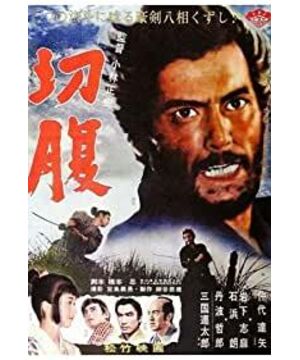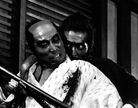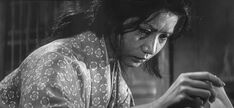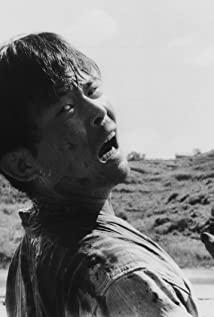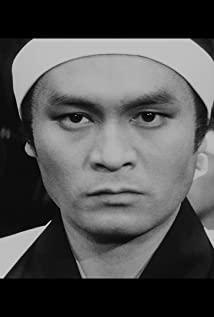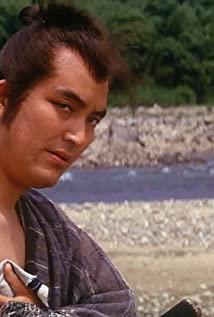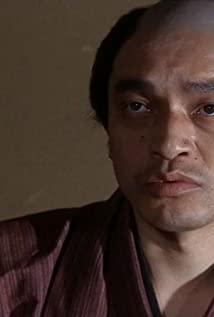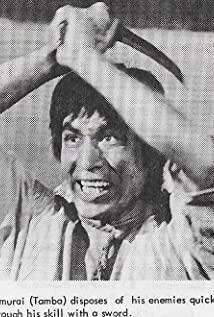2 teeth extracted, 2 weeks off.
Let's break it down with a movie in which Japanese samurai "gnash their teeth" to die, "Incision."
The pain index for pregnant women in childbirth is 10.
The pain index for tooth extraction used to be 2, but now it is 0 because of the anaesthetic.
The pain index of abdominal incision is between 2-10, the key is the skill of the wrong person.
Jiecuo is the person who helps you to relieve pain as soon as possible during the belly-cutting ceremony.
If, as soon as you express the intention of cutting the abdomen, and the Wei Chai has just entered the abdomen, Jiecuo swings the knife, and the pain index is 2.
If, you are Yukio Mishima, you picked the wrong person, got slashed 4 times, and the pain index is 7.
If you are like Qian Qianyan begging for a woman in the movie "Severing the Belly", you are forced to use a bamboo knife, yes it is a knife made of bamboo, to cut your abdomen.
10.
100% 10.
You must have a graded awareness and feeling of pain. For example, if you have just had root canal surgery, or have been treated for periodontitis, you can feel more empathy.
Qian Qianyan begged for a daughter, and when she went to cut her abdomen, she was full of hope.
He hoped that he could live to death, get the care of fellow warriors, get money, and save his dying son.
He didn't expect that the class is also stratified. He is the bottom of the Nobody. The biggest value is that he uses his low life to prove the noble rules of the class, which is awe-inspiring and inviolable. Killing him, forcing him to death, never letting him live to disgrace everyone, becomes class correct.
Qian Qianyan begged for a daughter, and when she cut her belly, she still had expectations.
He hoped that he would die with dignity, with the help of his fellow warriors, and die quickly and decisively.
He did not expect that the jealousy of his colleagues, he dared to cut his abdomen with a bamboo knife, this courage and courage made all the samurai onlookers feel ashamed.
Jealousy makes his peers wicked, and the more disgraceful he dies, the more respectable the peers will be.
Qian Qianyan begged for a daughter, and finally committed suicide by biting her tongue, with extravagant hopes.
He extravagantly hoped that his tragic death would awaken the sympathy of fellow warriors, and that he would bring some alms food along with him when sending his corpse home.
He doesn't care, is decent; he doesn't fear, suffers; much less, escapes death.
In a world where the whole family can't survive in such a "gnashing of teeth", is it still interesting to live? In case, can it be "sue" to die?
Qian Qianyan is a good husband.
He gave up the class dignity of a samurai for his wife and children, and sold all the swords that symbolized his identity as a samurai, just to live.
He made the last effort for his wife and children, extorting the samurai's class dignity, asking for money, and seeking medical treatment.
He left the last line of possibility for his wife and children. The compassion of people and things hurt others, and he can bring life-saving food to the seriously ill wife and children.
The end is a personal tragedy,
After the dedication of level 10 pain, Qian Qianyan begged for a daughter and died by cutting his abdomen;
Son, died three days later;
Wife, died of grief and despair 7 days later;
Half a year later, his father-in-law took revenge for him, fought hard, was outnumbered, and died by cutting his belly.
Some people describe "Kyuubi" as the Japanese samurai version of "Alive".
The ending of this tragic human tragedy is a cautionary tale that the director wanted to express,
If a class cannot even take care of its own compatriots, it should be overthrown, eliminated, and thrown into the rubbish heap of history.
The class that is in its position and does not seek its own political affairs does not deserve to live.
Remark:
Masaki Kobayashi, director of Harakiri (1962)
View more about Hara-Kiri reviews


